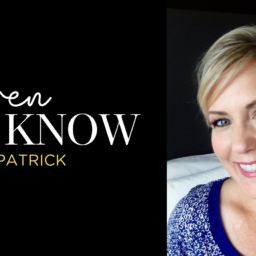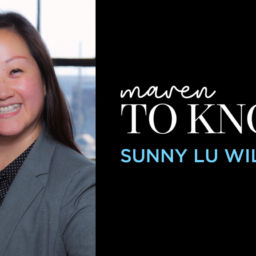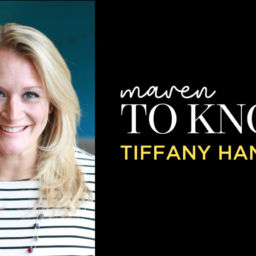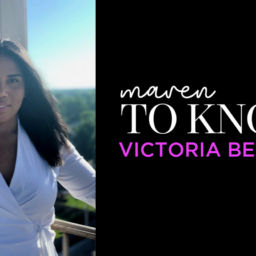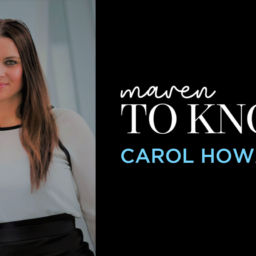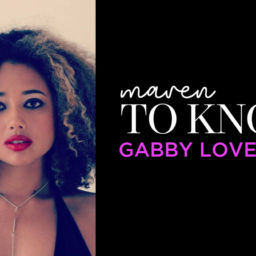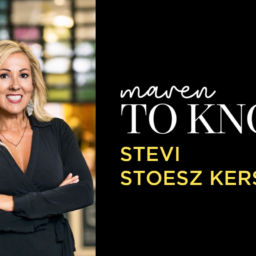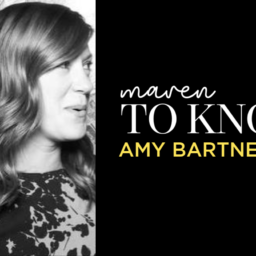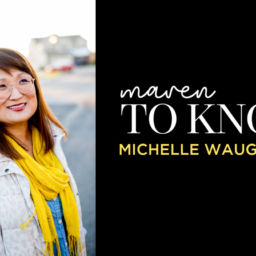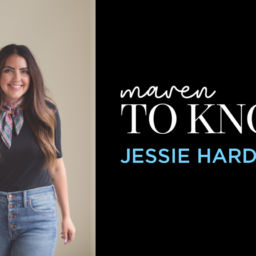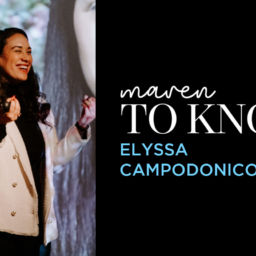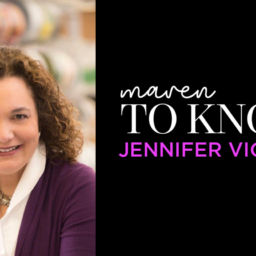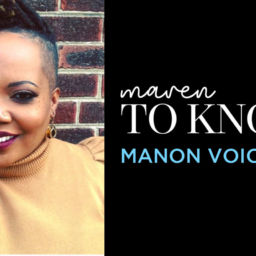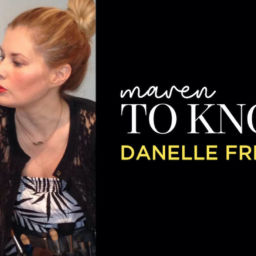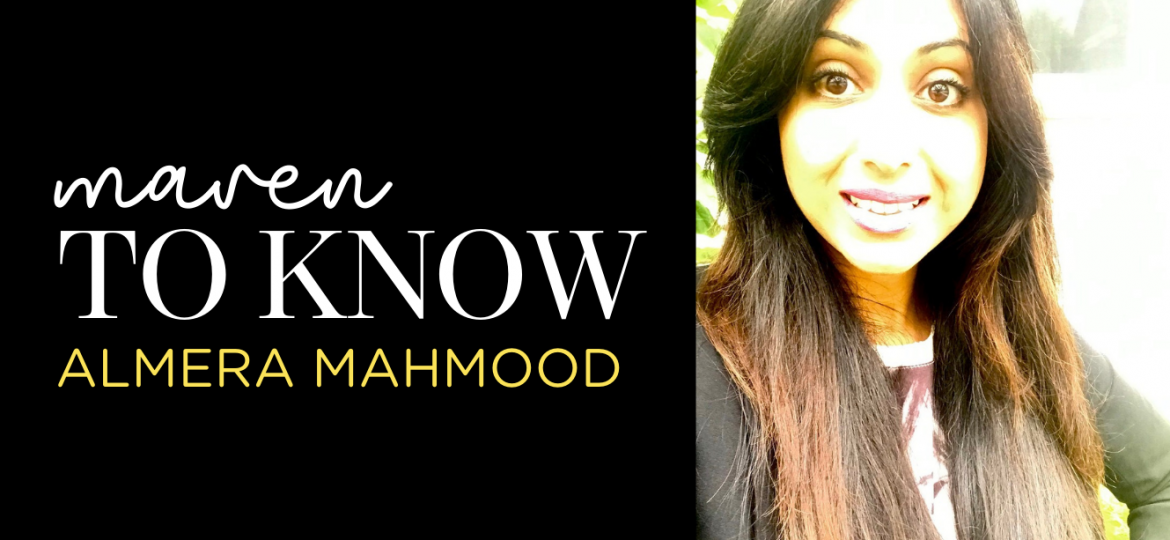
Maven to Know: ALMERA MAHMOOD, CFO, PROLIFIC
Almera Mahmood’s favorite subject is one that most people despise—math.
Her love of the subject has landed her a pretty sweet gig as the chief financial officer at Prolific, a strategic growth and consulting firm in Indianapolis. She’s even taken her love for numbers a step further and volunteers her free time as the Math Pentathlon Chair at her children’s school, a math strategy club, and with Dress For Success, a nonprofit that provides professional attire for low-income women. In the free time she has left, she also serves on the board of the Carmel Public Library Foundation.
“I’m truly passionate about economic empowerment for women, as well as the economic well-being of the state of Indiana,” she says.
We chatted with Almera about how to dress on a budget, the biggest money mistake she made in her 20s, and how people can be financially responsible in 2020 and beyond.
How have you balanced Working from home with your kids doing remote learning as well?
My husband and I are tag-teaming and getting our children acquainted with how to navigate the platforms. Incentives help as well because we can’t monitor them 24/7 as we’re both working. So, if they finish all their work, we can go do something fun later. Incentives definitely help them stay on track. Sometimes it works and sometimes it doesn’t. Just do the best you can and give yourself a break because we’re all navigating some really challenging times.
What’s one of your favorite places around Indy?
My happiest place in Indianapolis is the Monon Trail—just going for a bike ride or going for a run as long as I want. No other city has something that amazing to offer.
You mentioned that you’re involved with Dress For Success. What’s your biggest piece of advice for success that you offer those women?
Some of the things we’ve talked about is don’t be afraid to ask questions but know where to go for those questions. That means finding a mentor, somebody who has tackled some of those situations. And it’s not necessarily just one mentor. I have found myself having a lot of different types of mentors for different situations. In the end, you have to form your own brand, which is really important because we can’t be somebody else—we have to really be honest with ourselves and embrace who we are.
Who’s a woman you look up to?
While I have been blessed to know many talented women, the female I look up to most is my mom. She immigrated from Pakistan to Chicago, and she raised my siblings and I to be strong and kind. She is one tough lady. That woman does not let anything get to her and it’s something I really admire about her.
What’s a way people can shop on a budget in light of the economic impact of COVID-19?
I am a strong believer in a minimalistic approach—and having some staples on hand. You can grab and go and create multiple outfits out of one or two things. It’s really fun to play around and think outside of the box. It’s like an art palette.
What financial advice would you tell your 20-year-old self?
Your financial legacy spans the course of your life and includes the impact you are able to make after. Throughout life, you will encounter moments that pull you out of your comfort zone and feel intimidating. When you encounter those moments, have faith in yourself and take calculated risks. You will be surprised at what you can achieve. If you feel too comfortable with any aspect of your life, you’re not growing.
How can people be financially responsible in 2020 and beyond?
Save. Have a solid understanding of all financial obligations in the upcoming two years, then build out a savings plan to have the obligations in that period accounted for. Prepare a back-up plan in case the savings plan fails. Also, during economic downturns, some industries fizzle, while new ones emerge. Challenge yourself to learn a new skill in the direction growth is headed.
What’s the biggest money mistake you’ve made and how have you learned from it?
Trying to follow the 50/30/20 rule when first starting off my career, because that is when people have the ability to save more. The general rule of thumb taught in consumer economics is to allocate 50 percent of your disposable income to housing and food, 30 percent to discretionary items, and 20 percent toward savings. In order to have an emergency fund to guard against periods of economic downturn, or simply to have more optionality, aiming for a savings rate of 40 percent, when possible, is key.
Samantha Kupiainen is a regular Indy Maven contributor.
Want to be featured as a Maven to Know? Sign up for our Membership Program—we’d love to have you! See all the Maven to Know features we’ve shared so far.










